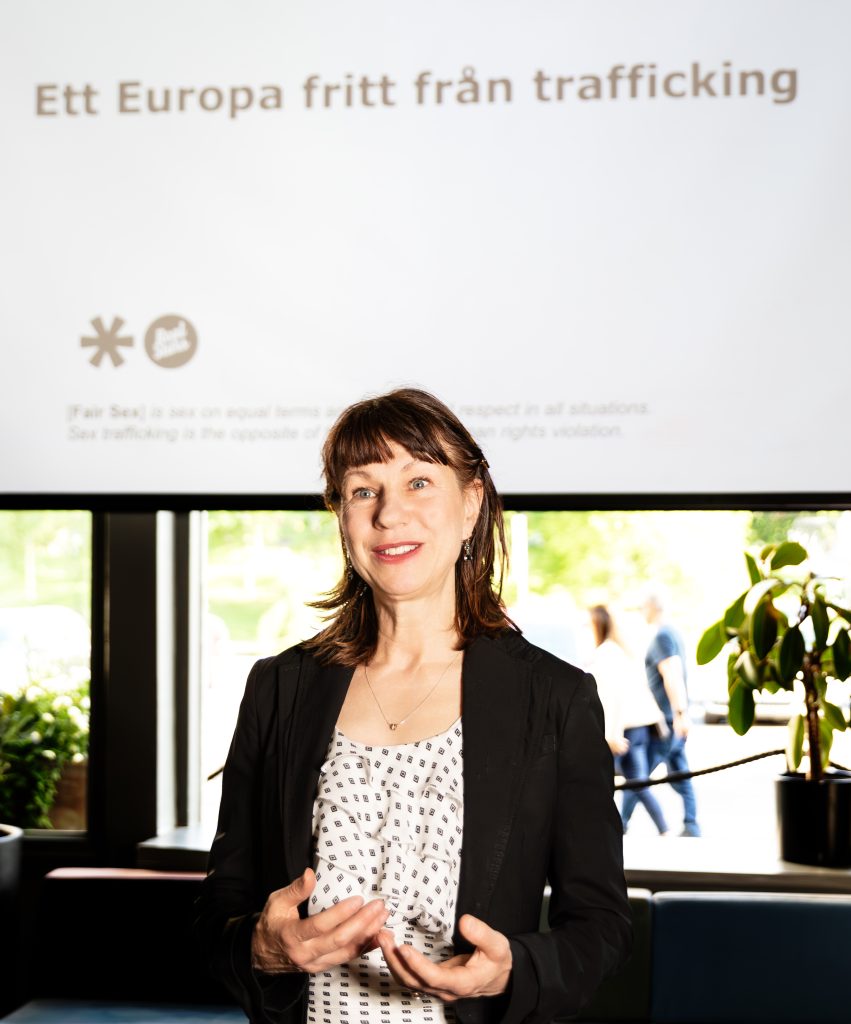
In 2023, the EU faces a crossroads with a chance to strengthen its work against trafficking. Europe remains divided on views of prostitution, and many stakeholders aim to influence the EU’s anti-trafficking efforts, as these two harmful phenomena are closely interconnected.
The shared tool is the EU’s 2011 anti-trafficking directive, which introduced a holistic approach that includes prevention, protection, and prosecution of offenders. The weakest link has been addressing demand. Few countries have legislation against sex-purchases, and further effective criminalization faces resistance, even in cases involving the sexual exploitation of trafficking victims. A general law against sex-purchases is undoubtedly more effective and more challenging to implement.
The directive has also not been adapted to address the trafficking occurring online, both for recruitment and, above all, for advertising the bodies of women and children for sexual purposes. The EU should now develop regulations to effectively combat the current criminal exploitation of people through digital platforms, so-called digital brothels.
In 2023, as the anti-trafficking directive is reviewed and renegotiated and proposed changes are presented, RealStars has contributed knowledge and focus. In recent years, we have been active in raising awareness among authorities and policymakers about the role of digital platforms in facilitating and promoting human trafficking in Sweden and across the EU, particularly for sexual purposes. In Sweden, we spearheaded an initiative to file police reports against four of the largest sex-buying sites on October 5, 2021. Unfortunately, the prosecutor closed the preliminary investigation, partly because Sweden lacks direct jurisdiction over these websites and does not have dual criminality. The sites are established, owned, and operated in other countries.
One of the biggest obstacles has been, and remains, the lack of tools for national law enforcement and judicial authorities to enforce accountability and stop criminal activity. The current proposal from the EU Commission acknowledges the online dimension of trafficking and includes clearer sanctions against both individuals and legal entities. However, the proposals lack provisions that would help national governments address the issue to effectively prosecute trafficking-related criminal activities occurring online.
RealStars is working to raise awareness among decision-makers about these gaps in the directive proposal. We find that the proposals put forward by the Organization for Security and Co-operation in Europe (OSCE) in its feedback on the proposal are appropriate. It is high time for the EU to keep up with developments online.
RealStars also collaborates with other abolitionist organizations in the EU, advocating both for criminalizing the purchase of sexual services and for ensuring that the EU framework includes criminalization of pimping. The promotion of prostitution also expands demand for trafficking for sexual exploitation. Furthermore, all proposals and rhetoric about dismantling the lucrative business model are ineffective unless EU member states and authorities have legal instruments to target profitability. The directive’s guidelines, along with other international documents, state that demand should be counteracted. The ambition should be raised; it must be fully and swiftly eradicated by criminalizing the services provided, empowering member states to shut down such platforms, and prosecuting responsible legal and physical persons even in cross-border cases.
Malin Roux Johansson
Founder and Secretary-General



